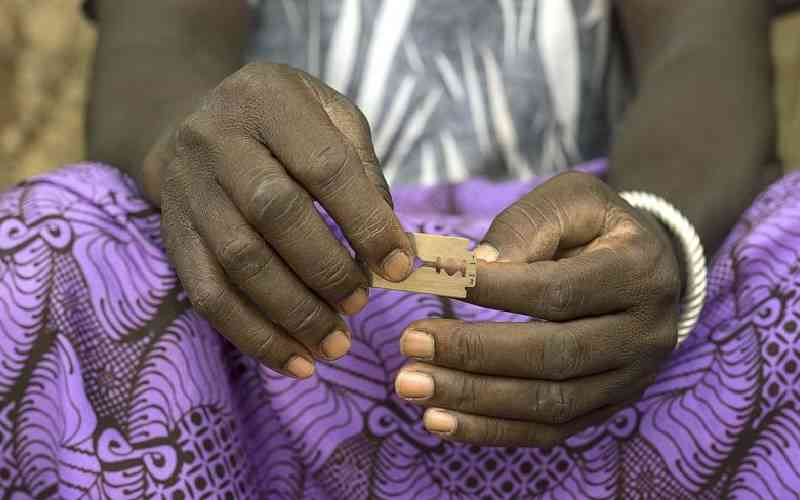
I “made it” to the North-Eastern part of Kenya last November to train teams on identifying impact stories for the projects they had engaged. I say “made it” because at some point, especially between Isiolo and Marsabit, it felt like driving hundreds of miles outside Kenya, sometimes with desert crosswinds destabilising our car.
Besides, the brief I had from Faith to Action, with whom we had collaborated, seemed to have least prepared me for what lay ahead. The many CBOs and CSOs at the meeting were not only faith-based, but also tackled some of the most critical issues in the two counties. Also at the workshops were representatives of their respective county governments, as well as those of Health and Gender ministries.
Others were faith leaders, who wield immense power to free victims from retrogressive cultures largely blamed for gender-based violence, FGM, child marriages, teenage pregnancies, intimate partner abuse, among others.
In both cases, there were girls who had escaped forced marriage, but not necessarily back in school. Their tales, through translators, were chilling. A health officer at the meeting in Isiolo narrated how once they visited a school and established that only 18 girls were present, many had left to deliver babies. One later bore a child just before the start of national exams. Few young mothers consider returning to school.
The health officer gave statistics shoeing teenage pregnancy in Isiolo at 17 per cent, with most such mothers aged between 10 and 14. Between January and March 2024 alone, 40 teenagers in that age bracket had sought antenatal care, and by October there were 271. The youth and teenagers affected here lack capacity to make sound judgement or even ask questions concerning intention, or financial stability before committing in sexual relationships. They lack information and can be enticed with goodies, sometimes as little as lunch, or soda. The risks increased during long holidays.
In the two counties there were also tales of defilement, with victims sometimes unable to get justice, as their parents settle some abuse cases out of court.
There were many explanations for the increase in cases of the vices, but one stood out; parents’ absence in lives of their children. The CSOs and CBOs explained that parents were too consumed in searching for money than guiding their children. This was blamed for the rise in rape, defilement, teenage pregnancy, FGM, drug abuse, and abortion cases.
But what does one expect parents to do in face of food insecurity! No one can be judgemental here.
This week, the UN Spotlight Initiative, affirmed, in a study, that climate change is to blame for increased “social and economic stresses” which have increased prevalence and severity of gender-based violence. While the cases in Isiolo and Marsabit had little to do with displacement, many claims were linked to economic constraints and food insecurity blamed on prolonged drought and unreliable rain patterns. The UN organisation has equally mentioned the two as key factors in gender-based violence, whose frequency increase after climate disasters.
“Every 1°C rise in global temperature is associated with a 4.7 per cent increase in intimate partner violence,” the study shows, as giving scenarios extending to 2090.
And there is more. Imagine what happens after cyclones displace people and children wander unaccompanied and without documentation. This is fodder for sexual exploitation, child marriage and trafficking, as well as humans organs trade, especially for people rendered poorest after disasters.
These justify having policies and financial mechanisms that incorporate climate action, as well as climate and gender justice.